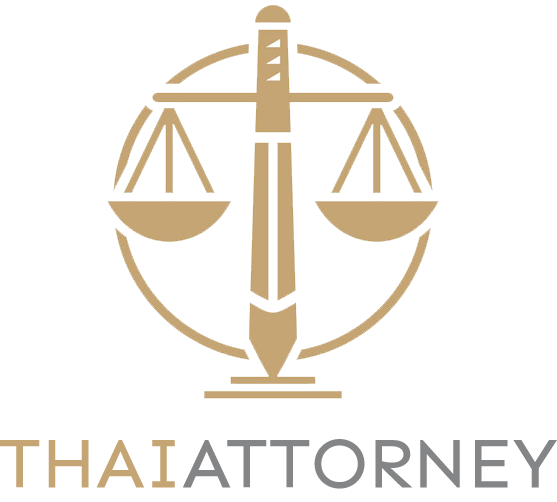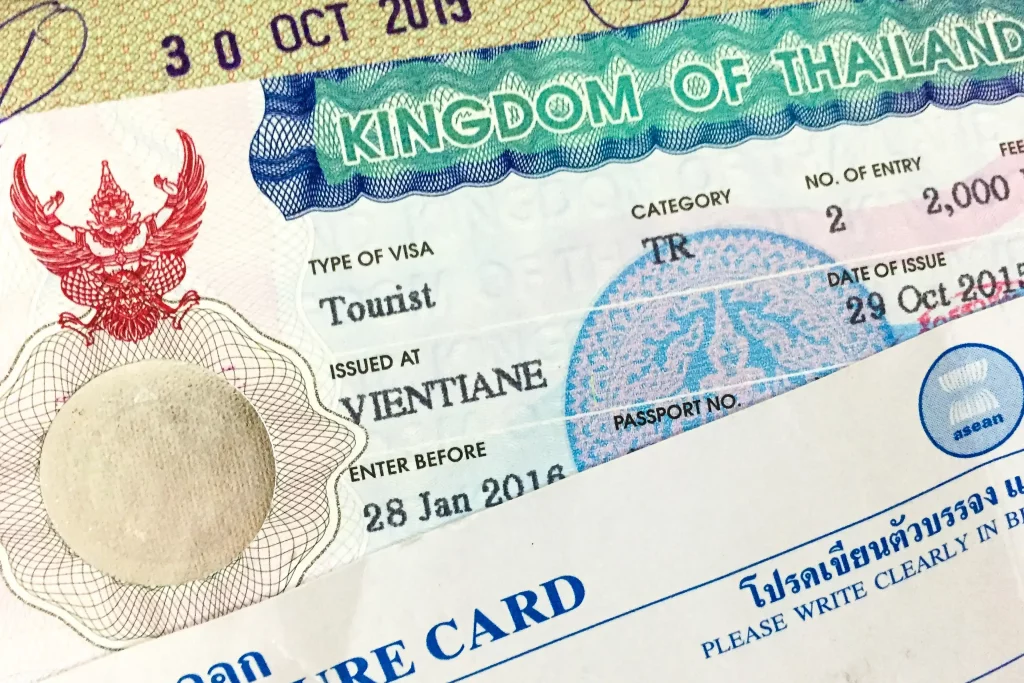The 90-day visa is not a standalone visa type in Thailand but refers to the duration of stay granted under specific visa categories. Commonly associated with Non-Immigrant Visas, it allows individuals to stay for up to 90 days, after which they must exit or apply for an extension depending on their visa type and purpose of stay.
1. Types of Visas Granting 90-Day Stay
- Non-Immigrant Visa (Single Entry):
- Commonly issued for purposes such as business (Non-B), education (Non-ED), family reunification (Non-O), or retirement.
- Valid for an initial 90-day stay.
- Non-Immigrant Visa (Multiple Entry):
- Valid for one year with multiple entries, each allowing a 90-day stay.
- The holder must exit and re-enter Thailand every 90 days to reset the duration.
- SMART Visa:
- Issued for skilled professionals and investors in targeted industries, often providing a 90-day initial period to process further residency documentation.
- Tourist Visas with Extension:
- Tourist visa holders (60-day stay) can apply for a 30-day extension, reaching 90 days.
2. Eligibility Criteria
To qualify for a visa with a 90-day validity, applicants must meet specific criteria based on their visa type. Common requirements include:
- Valid Passport:
- Minimum six months’ validity at the time of application.
- Financial Proof:
- Sufficient funds to support the stay, such as bank statements or income evidence.
- Purpose of Visit:
- Supporting documents such as employment letters, school admission, or proof of family relationships.
3. Application Process
- Visa Application:
- Apply at a Thai embassy or consulate in the applicant’s home country.
- Required Documents:
- Passport, completed visa application form, financial statements, and supporting documents based on the visa category.
- Fee Payment:
- Visa fees vary by type and location of application.
- Processing Time:
- Typically ranges from 2–10 business days.
4. Extension of Stay
- Eligibility for Extension:
- Extensions can be granted based on visa type, such as family ties (Non-O) or continued employment (Non-B).
- Process:
- Submit a request at a local immigration office with a fee of 1,900 THB.
- Duration:
- Extensions range from 30 days (tourist visa) to one year (long-term visas).
5. Reporting Obligations
For those staying longer than 90 days:
- 90-Day Reporting:
- Mandatory address reporting at the nearest immigration office or online.
- Required Documents:
- Passport, completed TM.47 form, and proof of residence.
6. Exit and Re-Entry
- Re-Entry Permit:
- Single or multiple re-entry permits allow visa holders to travel outside Thailand without voiding their visa.
- Reset of 90-Day Period:
- Upon re-entry, the 90-day period starts anew for eligible visa types.
7. Challenges and Considerations
- Overstay Penalties:
- Staying beyond the permitted duration incurs fines of 500 THB/day, up to a maximum of 20,000 THB.
- Compliance with Rules:
- Adherence to visa conditions, including address reporting, is essential to avoid penalties.
- Transition to Long-Term Stay:
- Options like work permits or retirement extensions can provide longer residency solutions.
Conclusion
The Thailand 90-day visa, encompassing various visa types, offers flexibility for medium-term stays. Understanding eligibility, reporting obligations, and compliance requirements ensures a smooth and legal experience for foreigners residing in or visiting Thailand.

